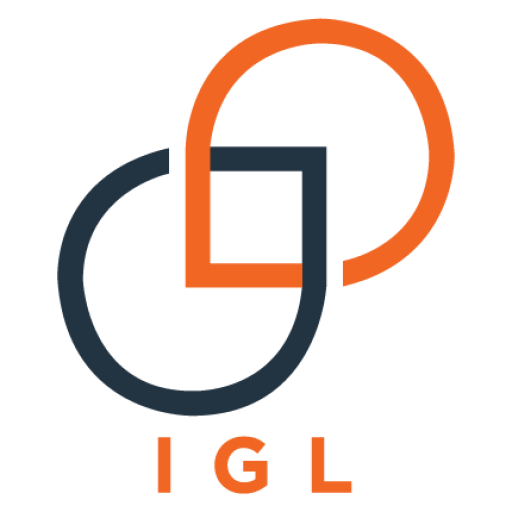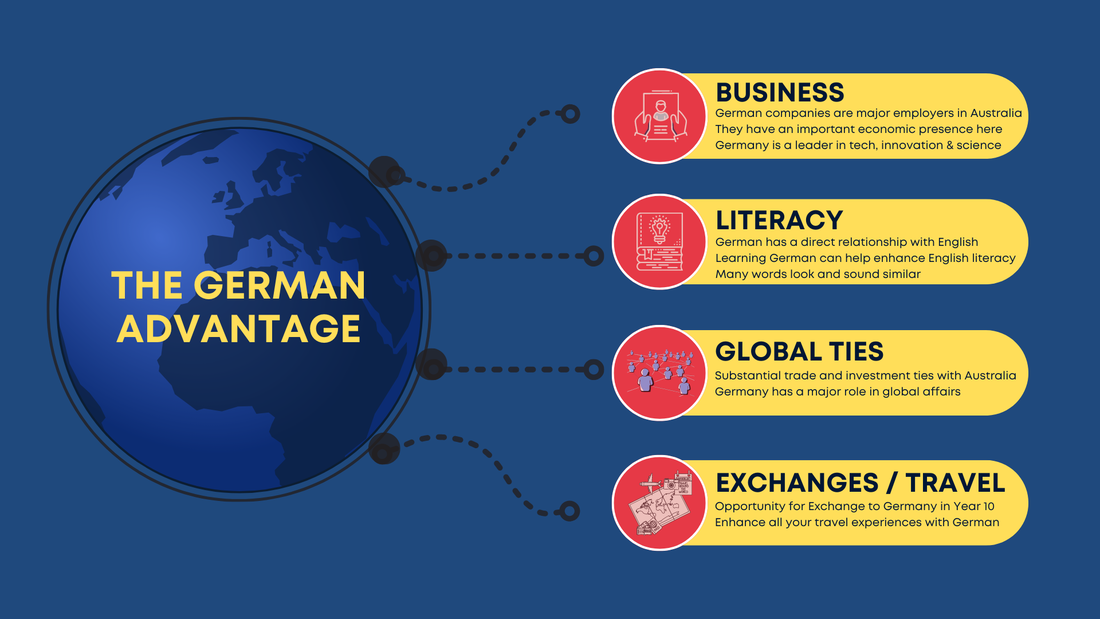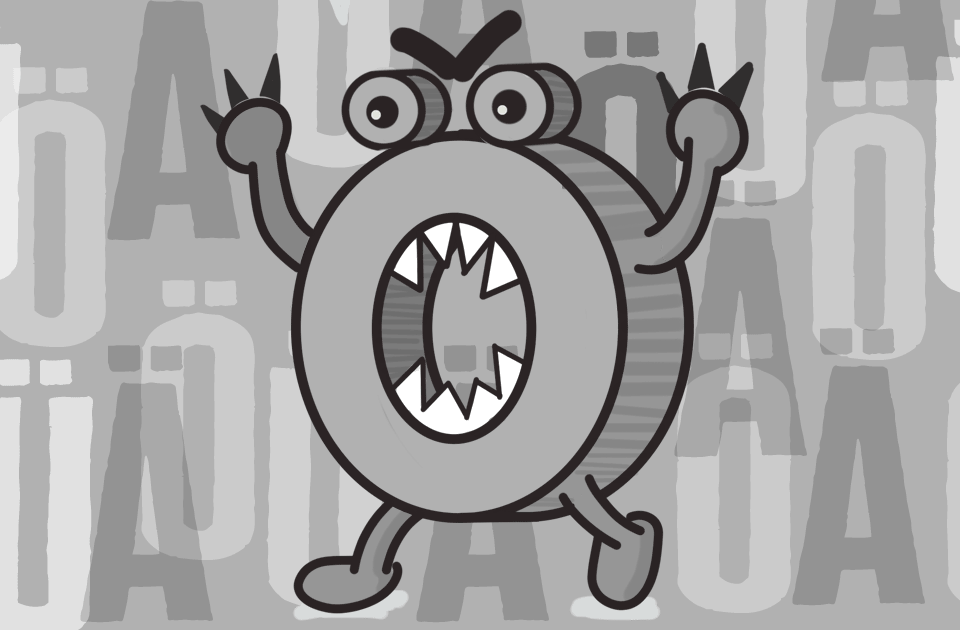
The Evolution of Slang and Informal Speech in the German Language
November 7, 2025Language is a vital tool for sharing knowledge and advancing scientific inquiry. Linguistic diversity enriches academia by offering varied perspectives and modes of expression. Among languages historically shaping scientific discourse, the German language holds a seminal role that continues to influence many scientific fields today.
Historical Importance of German in Science
During the 19th and early 20th centuries, the German dominated scientific research. Approximately 44% of global scientific publications were in German by 1920, outpacing English and French. Renowned German-speaking scientists such as Albert Einstein and Max Planck published pioneering work in German, making it a primary lingua franca alongside English and French in science.
Decline of German as a Scientific Language
After World Wars, German lost prominence in scientific communication, as English emerged as the preferred international language. This shift altered publishing norms and accessibility, encouraging German-speaking scientists to publish increasingly in English to reach broader audiences and maintain recognition.
Current Status of German in Scientific Publications
Though English dominates, German remains important in fields like philosophy, social sciences, engineering, and local journals. Bilingual publishing with German and English abstracts sustains access to German research. Many German institutions and journals continue producing influential scientific literature in the language.
Advantages of Maintaining German in Scientific Writing
Preserving the German language in research conserves cultural heritage and enhances accessibility for local scholars. It offers conceptual precision and a richness of expression, contributing to global linguistic diversity essential for intellectual breadth and nuanced scientific dialogue.
Challenges Facing German-Language Publications
German papers face limited global reach, fewer citations, and funding disadvantages compared to English-language works. Young researchers often feel pressured to publish in English to advance careers and funding opportunities, risking a decline in German-language scientific contributions.
Efforts to Sustain German in Academia
German universities and research bodies promote native-language research via scholarships, bilingual publication platforms, and digital repositories supporting open access. These initiatives aim to uphold German’s role and increase its accessibility in global scientific communication.
The Future of the German Language in Science
English will likely remain dominant, but technological advances in AI translation and multilingual publishing could foster more balanced linguistic representation. This would enhance inclusivity and preserve languages like German in global scientific discourse.
German Language Learning in Karachi and Pakistan
For those aiming to engage with German scientific literature or academic collaborations, learning the German is essential. Karachi offers multiple options, including the IGL German Language Institute, renowned as the best German language institute in Karachi. Whether looking for a German language course in Karachi, German language course near me, or the best language institute in Karachi, IGL provides expert courses tailored for all proficiency levels with flexible in-person and online formats.
If you want to master the German language for academic or professional advancement, consider enrolling at the IGL German Language Institute. With expert instructors and structured courses, IGL is the prime choice for learning the German language in Karachi. Start your journey today to unlock the rich scientific and cultural benefits of German language proficiency.




